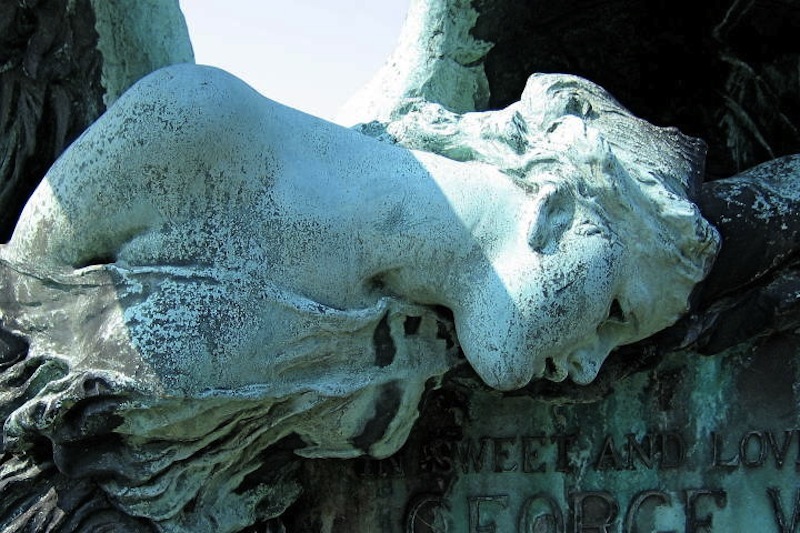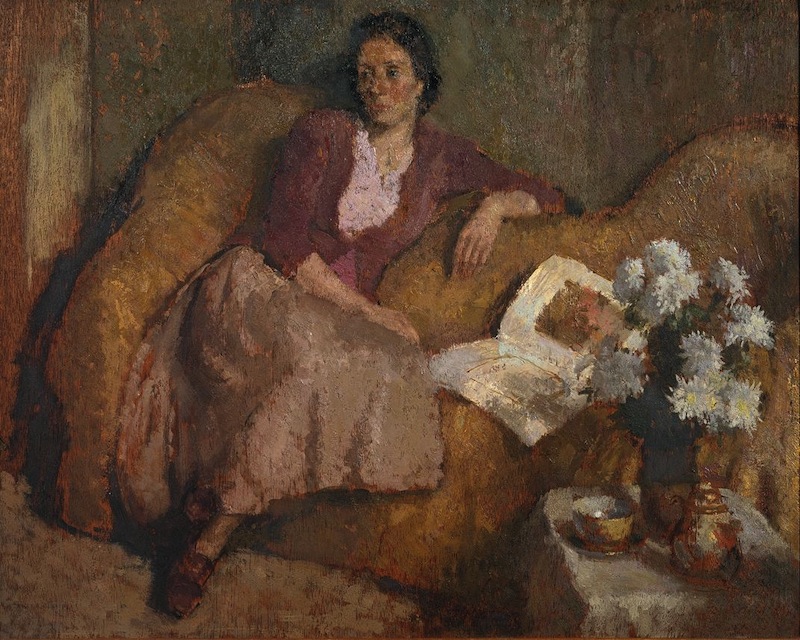You Must Change Your Life
Christina Lee
 Naomi Shihab Nye describes poetry as “a conversation with the world, a conversation with those words on the page allowing them to speak back to you—a conversation with yourself.”A few weeks ago, at AWP, I heard Nye speak on a poetry-activism panel with Luis Rodriguez and Rachel Eliza Griffiths. Griffiths’ photography and poetry gives voice to the grief and rage she feels at the police brutality in America. Rodriguez, the Poet Laureate of Los Angeles, has seen poetry unite his diverse, complicated city. All three poets spoke with a beautiful urgency, reminding us of the power in our art.
Naomi Shihab Nye describes poetry as “a conversation with the world, a conversation with those words on the page allowing them to speak back to you—a conversation with yourself.”A few weeks ago, at AWP, I heard Nye speak on a poetry-activism panel with Luis Rodriguez and Rachel Eliza Griffiths. Griffiths’ photography and poetry gives voice to the grief and rage she feels at the police brutality in America. Rodriguez, the Poet Laureate of Los Angeles, has seen poetry unite his diverse, complicated city. All three poets spoke with a beautiful urgency, reminding us of the power in our art.
This seemed to be the theme of AWP. Claudia Rankine was the keynote speaker. Her book, Citizen, is the perfect example of revolution-inciting poetry.
In fact, every session and panel seemed to be built on this same idea. Throughout the conference, I kept thinking of the last line of Rilke’s “Archaic Torso of Apollo.” After contemplating the beauty and power of the statue, the speaker feels an edict: “You must change your life.”
The Monday after the conference, I drove to work in a bit of a funk. I missed the urgency and energy and buzz of the conference. Then the story of Dagmar and Wali came on NPR and reminded me that returning to regular life was the whole point.
The story concerns a very odd couple: Dagmar Nordberg is a 60-year-old Swedish museum director. Wali Hafiz is a 23-year-old Afghani engineer and refugee. Wali was brutally beaten and left for dead by the Taliban after he refused to support their efforts. He was forced to leave his wife and young daughter and flee to Sweden. This excerpt from the NPR transcript describes Wali and Dagmar’s first encounter:
They met on a train platform in a nearby village on a freezing cold day last November.
"He was standing there in a T-shirt, with his jeans and his cotton shoes," Nordberg recalls. "And I thought he was just one of these boys playing computer games all day long. And I've come to that age where I can say things, so I just passed him by and I said, 'It's winter!' "
Hafiz says he had so many problems he couldn't think about the weather. And besides, he didn't own a jacket. Nordberg remembers he was so stressed that he was sweating, but he replied politely.
"He said, 'I know, ma'am,'" she says. "That was the first time I heard Wali's voice."
Nordberg says she understood then that he was a lost refugee and she could either go on with her life or help him. "I just knew I had this choice here and now, and whatever I do will have consequences," she says.
So she took him in, taught him English, and secured him an apprenticeship. If you play the story to the end, you’ll hear them laughing together at her kitchen table…two unlikely kindred spirits.
I’m sure Dagmar, as a museum director, would have liked what Nye, Rodriguez, Griffiths and Rankin had to say at AWP, if she’d been able to hear it. I’m sure that when she curates the art in her museum, she looks for works that challenge and inspire change.
What amazes me is the way she altered her life in one moment, because of one encounter. Her story reminds me that it isn’t enough to listen to great speakers or to feel moved by great art. We must also be willing to take action.
I can’t get over that line she called out over the train platform— “It’s winter.”
Those words did what Nye says all poems should do. They connected strangers and moved them from hostility to understanding. They began a conversation. And ultimately, they transformed.
Printed out on a page, separated from their story, they might not look like much.
It’s Winter.
Still, that’s the best poem I’ve heard in years.


















